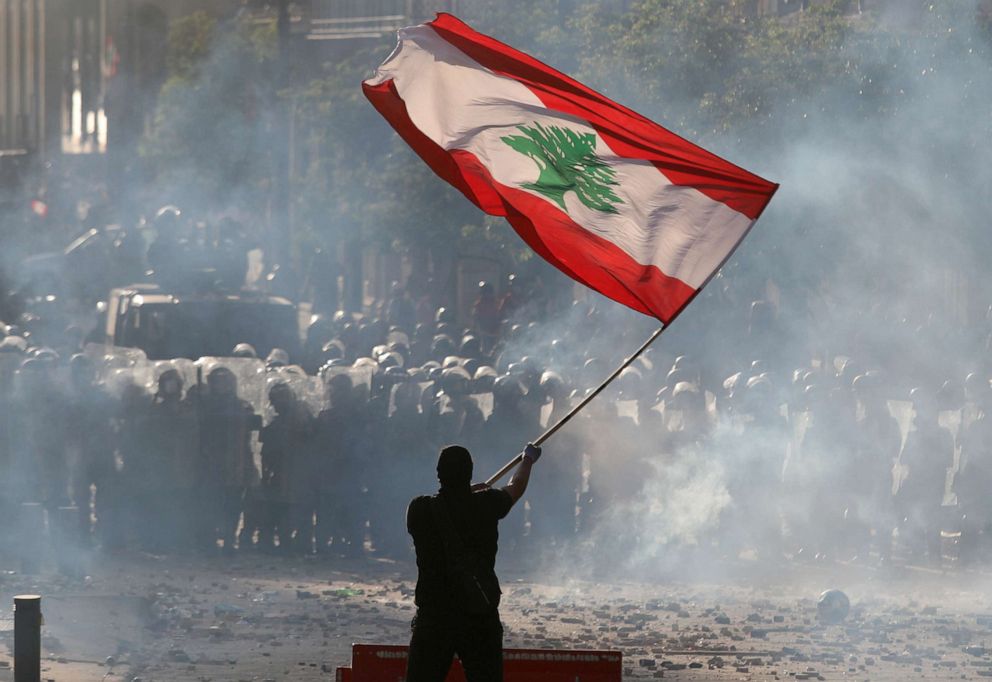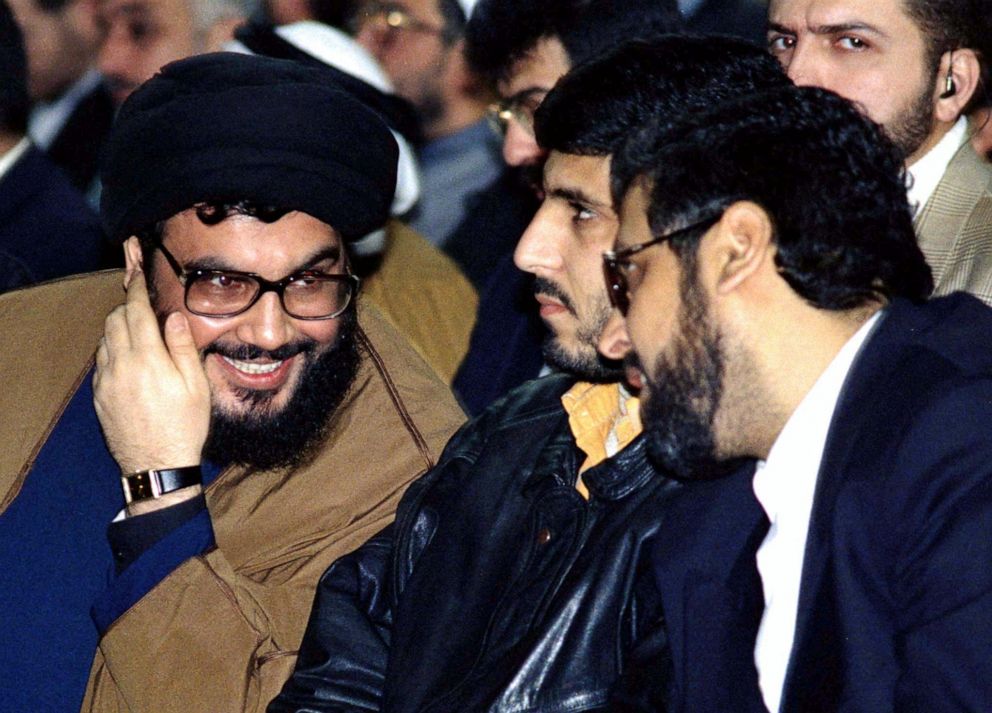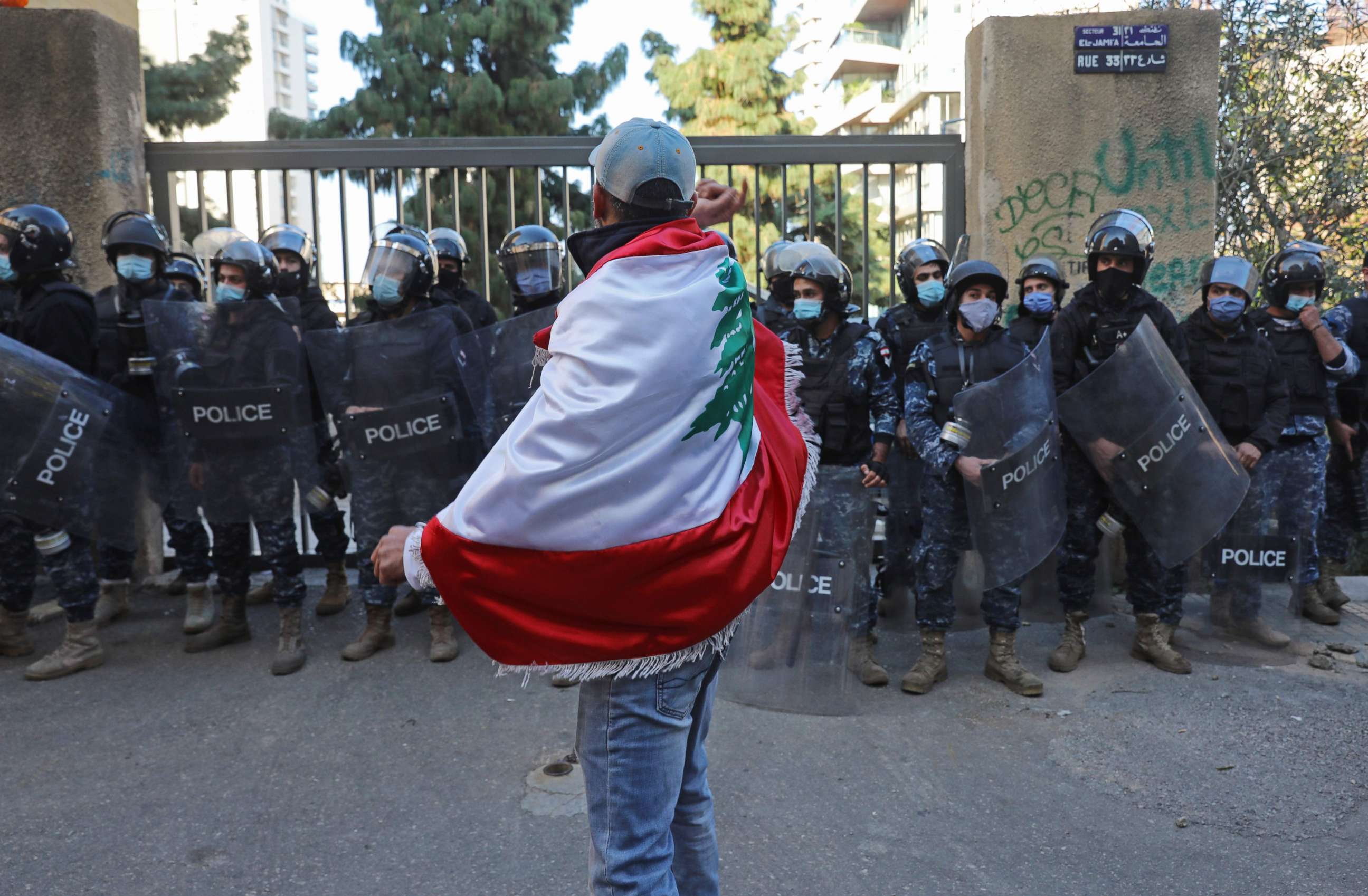Lebanon's civil society holds key to national rehabilitation: ANALYSIS
Our only shot at helping Lebanon rebuild itself is its civil society.
It's incredible how Lebanon, such a tiny nation, could have so many big and endemic problems. It's also unfathomable how it has survived this long despite those problems.
Lebanon has seen it all throughout its existence: civil war, terrorism, invasion, occupation, military intervention and political intimidation. You name it. Yet somehow it has managed to keep going and at times even thrive.
Now, that sense of resilience and ingenuity the Lebanese are so famous for seems to have finally eroded. The country has reached a level of political bankruptcy and economic ruin unseen before in its modern history.
The reasons for this are numerous, but none more compelling than the country's flawed power-sharing arrangement and the failure of its ruling elites to enact necessary political and economic reforms.
Lebanon could have fallen, like it did so catastrophically from 1975 to 1990 -- many years ago. But every time it flirted with collapse, somebody came to the rescue. The Americans, the Europeans or the Arabs all stepped in either separately or collectively at various junctures in Lebanese history to avert the worst in Beirut.
This time, however, help may not be on the way. The Gulf Arab states have other priorities and Paris has had it with the Lebanese politicians' empty promises of reform. The Americans share the French's concerns, but they haven't given up on the country just yet.
There's still some U.S. goodwill toward Lebanon. Also, there's much concern over the probability of another failed state in the Middle East from which Russia, Iran and Sunni terrorists could benefit.

The problem is that Washington's Lebanon policy has no legs. In other words, it doesn't have a reformist domestic political constituency with which to work and help address the country's deep challenges.
The U.S. can keep saying that it supports political and economic reform in Lebanon, but the same sectarian elites who have governed the country for decades have made it crystal clear that they're not even remotely interested in change.
The fact that a nuclear-like explosion, caused by a warehouse filled with explosive material, leveled parts of Beirut and killed 220 people on Aug. 4 of last year went unpunished tells you all you need to know about the rotten and immovable nature of Lebanese politics.
More than 15 years ago, Washington's priority in Lebanon was to kick the Syrian army out of the country. And it succeeded mainly because U.S. interests converged with those of a domestic political force that had led a popular uprising against the hegemony of the odious Syrian regime. U.S. officials knew all along that the so-called March 14 coalition was deeply corrupt, but its anti-Syrian stance at the time was what mattered the most.
Now, the existential battle isn't about malign Syrian influence. It's about national rehabilitation. And that same clique that once called for freedom from Syrian diktat cannot be counted on today because it is as corrupt as ever. Most of its members also accommodate Hezbollah to safeguard their political powers and financial interests.
The only constituency that truly wants a new start in Lebanon is the country's civil society. Its members are the ones who are fed up with the sectarian system. They are the real and only agents of change in Lebanon.

The problem is -- and it's no small one -- that Lebanese civil society is weak in part because of disorganization, but also because the deck has been stacked against it for so long. That said, it's not irredeemable. It needs help, and Washington has every interest in providing it.
Skeptics might caution that the United States shouldn't be in the business of embracing Lebanese civil society because by doing so it would forever cripple it. It's the kiss of death syndrome, the argument goes. The Obama administration was particularly careful not to support peaceful Iranian protestors in 2009 when they rose against the mullahs for fear of tainting them. Sensible minds would agree that was a missed opportunity for Washington.
Let's not make that same mistake in Lebanon. The country has always been a contested space. Hezbollah Secretary General Hassan Nasrallah has had no qualms about flaunting on national television the generous military and financial assistance his party receives from Iran.
We're not talking about picking sides in a civil war here, like we recklessly did in the early 1980s -- a policy that cost us the lives of hundreds of American diplomats and soldiers in multiple terrorist bombings in Beirut.
We're talking about supporting peaceful, vulnerable and secular civilians who long for dignity, justice, accountability and economic opportunity. Surely we can stand behind those ideals. That's exactly what we did in Central and Eastern Europe during the Cold War, which helped us counter Soviet influence in those regions.
It's foolish to keep hoping for the Lebanese political elites to self-reform and thus self-destruct. That's just not going to happen. Our only shot at helping Lebanon rebuild itself is its civil society.
Student movements and independent civic groups are already making progress and recently have defeated their sectarian opponents in university elections. We can smartly amplify their success by more effectively leveraging our economic assistance to the country.
One way to do that, which I learned from Jeffrey Feltman, a friend and a former U.S. ambassador to Lebanon, is by putting some of that assistance in a Lebanese-American foundation. Have a board of directors made up of Lebanese, Lebanese-Americans and American civil society stalwarts. The foundation could give grants to Lebanese civil society organizations. They could decide whether to apply for the grants or not. It would be, contrary to Iranian assistance to Hezbollah, all transparent.

Some Lebanese might have no interest in U.S. help, which is totally fine and understandable, but given the enormity of the country's financial crisis, I suspect many would be more open to it.
Thus far, the U.S. has applied sanctions against Hezbollah and some of its Lebanese Christian allies. Yet, we've totally ignored the rest of the equally corrupt political establishment. This has hurt our credibility in a big way, despite the humanitarian assistance we have provided following the port blast and our support for the Lebanese army.
Our entire approach in Lebanon rests on earning the trust of the Lebanese people and particularly the country's civil society. The moment they gain confidence in our policy is when we together with them can help Lebanon achieve its unfulfilled potential.
The 2022 parliamentary elections are a watershed moment. By empowering Lebanese civil society now, we can improve its chances of entering into government in full force next year and leading a process of comprehensive political change. We have very little time to waste.
Bilal Y. Saab, a senior fellow and director of the Defense and Security Program at the Middle East Institute, served from August 2018 to September 2019 in the Office of the Under Secretary of Defense for Policy as the senior adviser for security cooperation in the Middle East.




